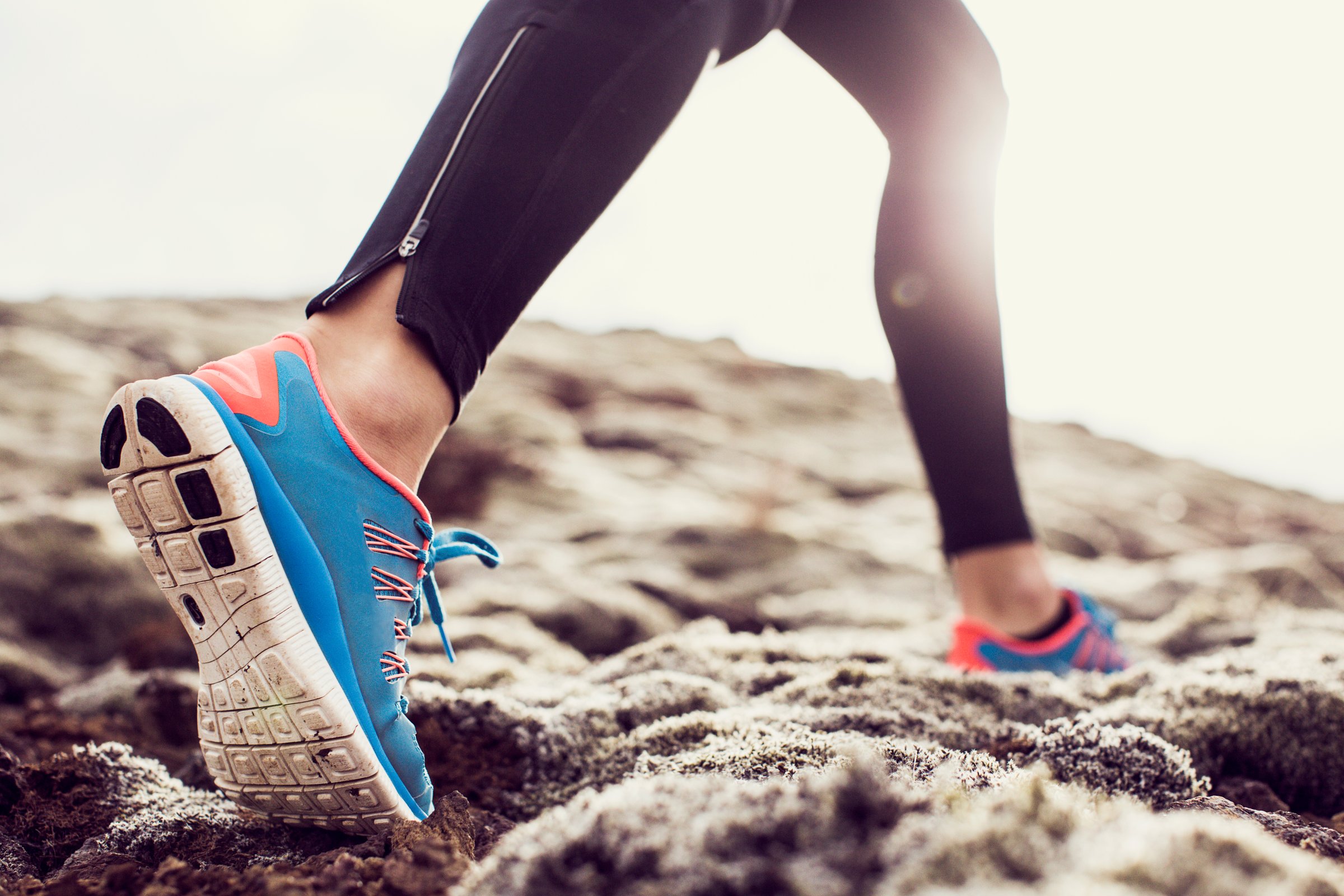
Marathon-running is a popular pastime, but new research released this week found that it’s particularly stressful for one part of the body. We also learned that if you want to mix-up your workouts, you may want to consider kickboxing. Here’s what else caught our attention in health news this week. (Sign up for our newsletter for more.)
The hidden risk of running a marathon
There’s no doubt that running is healthy aerobic exercise. But some people who run marathons show signs of short-term kidney injury after the race, a new study shows.
Your cold feels worse when you’re lonely
As if getting sick wasn’t enough of a bummer, a new study found that feeling lonely can make cold symptoms feel extra terrible.
Do ovulation kits really help you get pregnant?
Ovulation kits claim to help identify a woman’s most fertile window during her monthly cycle. Here’s everything you should know before trying one.
Lead exposure can lower IQ later in life
Kids who have high blood lead levels tend to have lower IQs and socioeconomic status in adulthood. The U.S. has laws in place to limit the bad health effects caused by lead, but exposure remains a health threat.
How kickboxing can change your life
For better balance, power and agility, kickboxing is one of the very best workouts. Here’s why you should consider this calorie-torching exercise.
What you should know about vitamin D and cancer
Vitamin D has been linked to healthier bones, and new research suggests the vitamin may also play a role in reducing the risk for cancer. However, just how strong the link is remains up for debate.
A paralyzed man can move his arm with his brain
This week research revealed a breakthrough: scientists restored the ability of a paralyzed person to move his limbs by commanding them with his brain. Watch the video to see how it works.
Where Americans exercise the most
How active are people in your community? This interactive map shows what factors influence how much Americans work out.
More Must-Reads from TIME
- Donald Trump Is TIME's 2024 Person of the Year
- Why We Chose Trump as Person of the Year
- Is Intermittent Fasting Good or Bad for You?
- The 100 Must-Read Books of 2024
- The 20 Best Christmas TV Episodes
- Column: If Optimism Feels Ridiculous Now, Try Hope
- The Future of Climate Action Is Trade Policy
- Merle Bombardieri Is Helping People Make the Baby Decision
Contact us at letters@time.com